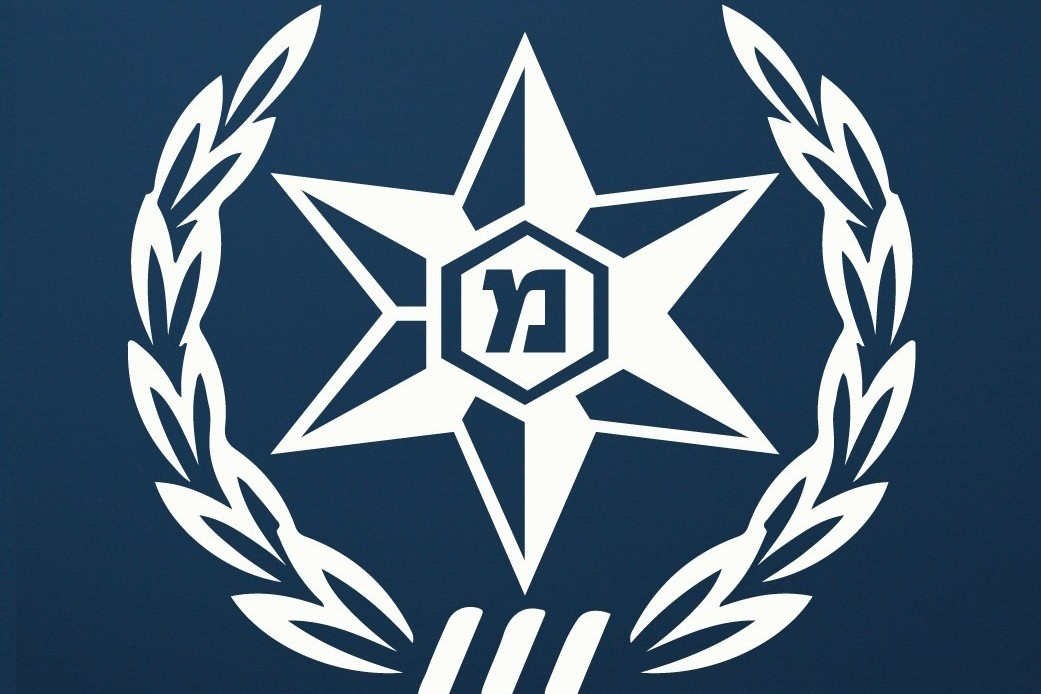Israeli Supreme Court green lights Israel's 'Cyber Unit' that works with social media giants to censor user content
The Israeli Supreme Court on Monday, 12 April 2021, rejected a petition filed by Adalah – The Legal Center for Arab Minority Rights in Israel and the Association for Civil Rights in Israel (ACRI) giving a green light to the continued operations of the Israeli state attorney’s office Cyber Unit and its "alternative enforcement" model of censoring social media content.
Israel’s Cyber Unit uses an "alternative enforcement" mechanism to essentially censor social media platforms and muzzle users: it flags and submits social media posts – without legal proceedings and often without even the knowledge of the individual user – to social media giants and requests their removal.
This Israeli state practice is aimed at clamping down on social media dissent, and frequently even results in the suspension or removal of users. This censorship is conducted in collaboration and coordination with social media outlets, including U.S.-based giants Facebook and Twitter.
Similar units operating in countries around the world are known as Internet Referral Units (IRUs).
Adalah attorneys Fady Khoury and Rabea Eghbariah had filed the petition against the Cyber Unit to the Israeli Supreme Court on 26 November 2019. They stressed that the Cyber Unit’s "alternative enforcement" mechanism violates the constitutional rights of freedom of expression and due process, and that the unit is operating without any legal authority.
Israeli Supreme Court Justice Hanan Melcer announced the decision on Monday morning in Jerusalem, in his final ruling before retirement.
In its decision, the court granted unchecked and unauthorized power to the Israeli state, allowing it to govern online speech by using informal channels with social media corporations. The court essentially privatized the judicial process, allowing private corporations to decide upon censorship of social media content based on ostensibly unbinding requests from Israeli state authorities.
Adalah Attorney Rabea Eghbariah commented immediately following the Israeli Supreme Court ruling:
CLICK HERE to read the translated court’s ruling
CLICK HERE to read the court’s ruling [Hebrew]
Case Citation: HCJ 7846/19 Adalah -The Legal Center for Arab Minority Rights in Israel v. Israeli State Attorney – Cyber Unit
(Photos by Remko van Dokkum and Tim Sackton / Flickr Creative Commons)
Related Press Releases:
- Israel's 'Cyber Unit' operating illegally to censor social media content
- Social media giants continue to collaborate with Israel's illegal 'Cyber Unit'
- Israel State Attorney claims censorship of social media content, following Cyber Unit requests, isn't an 'exercise of gov’t authority'
- Israeli Supreme Court: Israel must explain legal authority under which ‘Cyber Unit’ conducts online censorship with social media giants
















